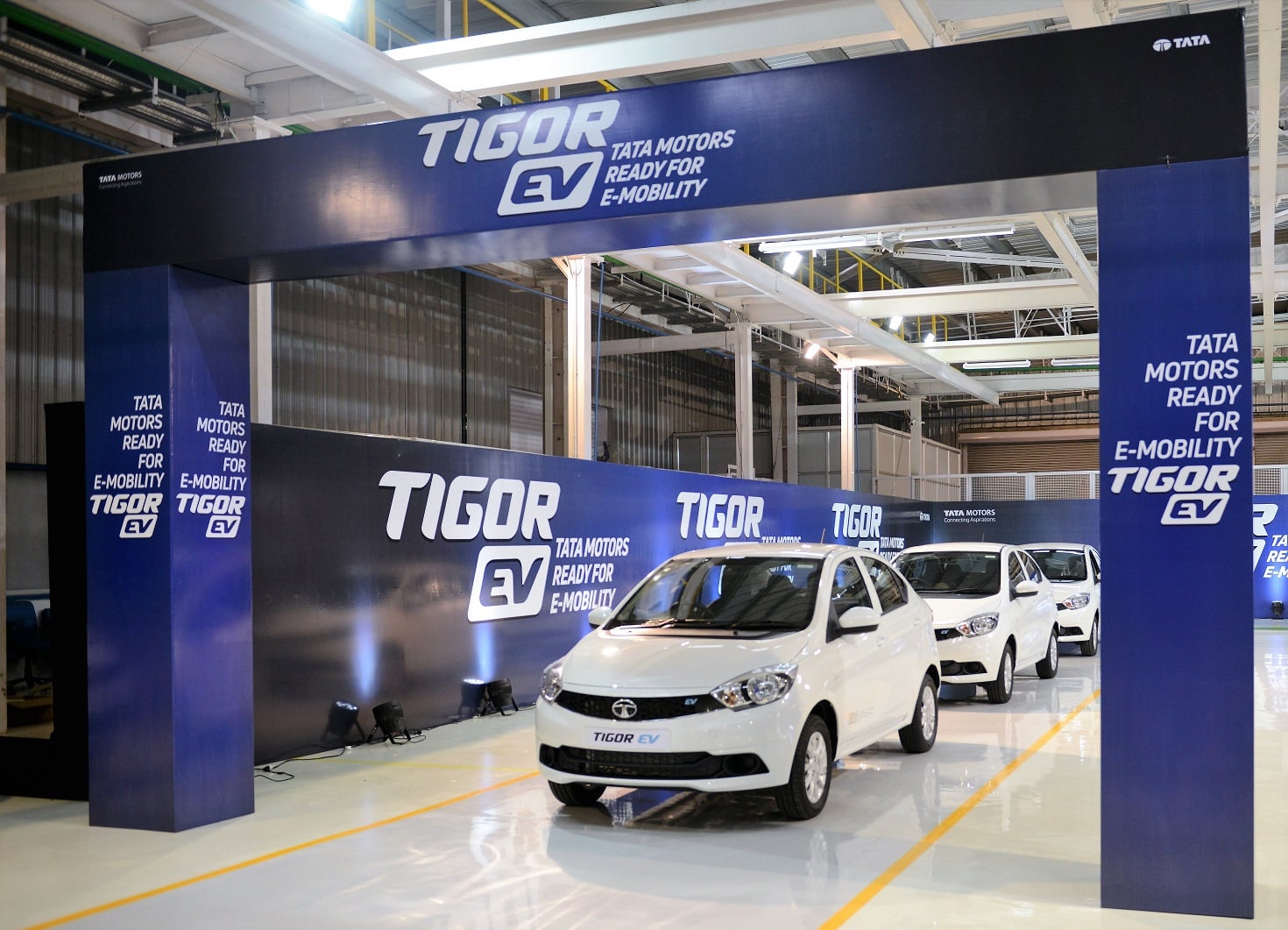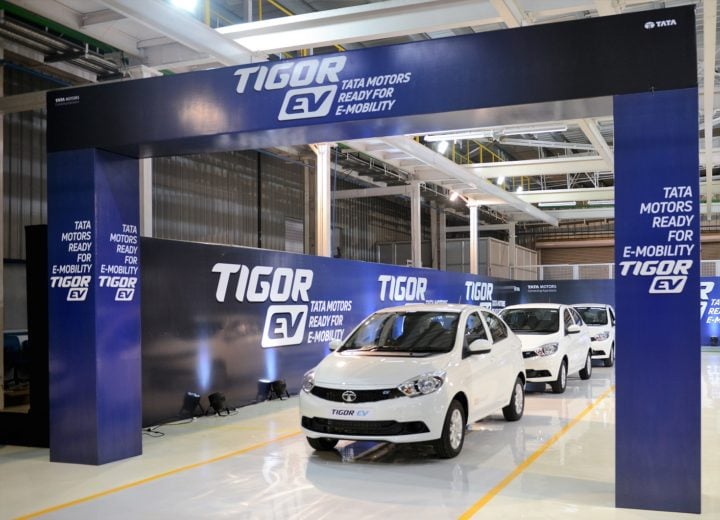Government officials have refused to use the Tata Tigor and Mahindra eVirito electric cars procured by the EESL. The reason cited for this is the lack of performance and range offered by these vehicles.
It seems that the EESL’s (Energy Efficiency Services Limited) pilot project for the procurement of electric cars for the use of government officials has hit a roadblock. A report published in Live Mint suggest that senior government officials have refused to use the electric cars made by Tata Motors and Mahindra. In a move to promote electric vehicles in India, the Energy Efficiency Services Limited (EESL), on behalf of the government had released a tender for the procurement of 500 electric vehicles. This is part of a bigger strategy for the procurement of 10,000 electric vehicles which are set to replace the petrol and diesel vehicles currently under use in the Government fleet. Tata Motors and Mahindra were to supply 350 and 150 vehicles respectively as part of the first phase.
Also Read: India’s New National E-Mobility Programme: We Tell You All About It
Tata Motors is supplying the electric version of the Tigor while Mahindra is manufacturing the eVerito for this purpose. The aforementioned report states that senior government officials have refused to use these electric vehicles due to their lack of performance and decent range. As reported by Live Mint, a senior official for one of the ministries involved in the procurement of these electric vehicles said that both these vehicles were not able to give a range of 80 to 82 km, on a single charge, even if driven in the city conditions. That the battery capacity is not up to the mark. Furthermore, government officials get a generous amount of car fuel allowance which they will not get if they use these electric vehicles.
Also Read: Tata H5X SUV – Expected Price, Launch Date, Features And Specs
Both the Tata Tigor EV and the Mahindra eVerito use a 17KW battery back. This is considerably below the global standard set at 21 to 25 KW. In addition to this, one of the other major reasons cited for the refusal by the government officials for the use of these vehicles is the lack of proper charging infrastructure. The procurement was earlier delayed for this reason itself. According to EESl, currently, there are 150 government procured electric vehicles on the Indian roads plying on India roads in New Delhi and Hyderabad.
In addition to the current tender for the procurement of 10,000 electric vehicles, under India’s new national e-mobility plan, the organisation will soon release a fresh tender for the procurement of 10,000 more. However, recent reports suggest that the latter currently stands delayed.



